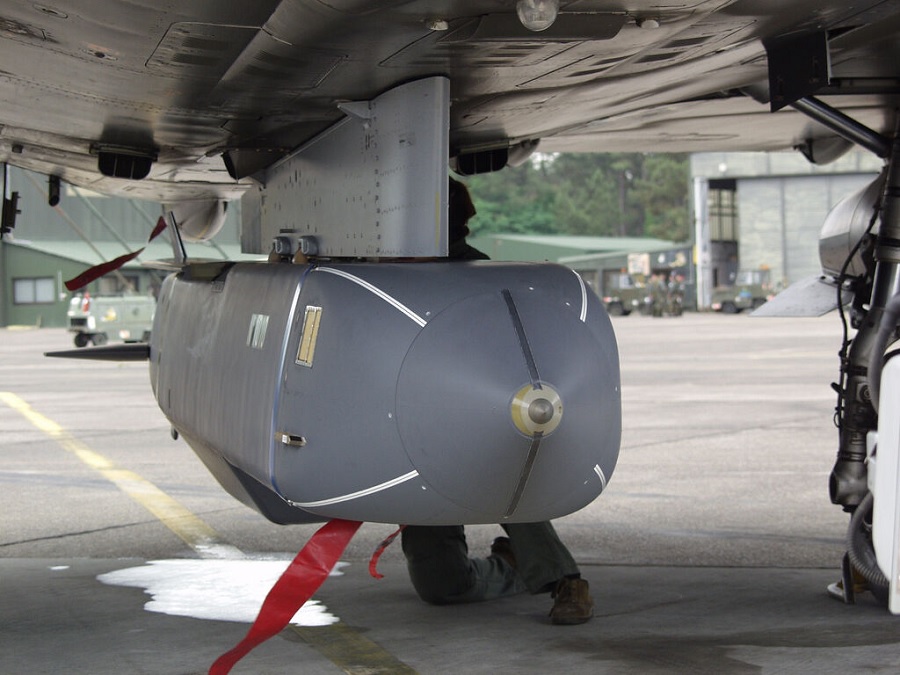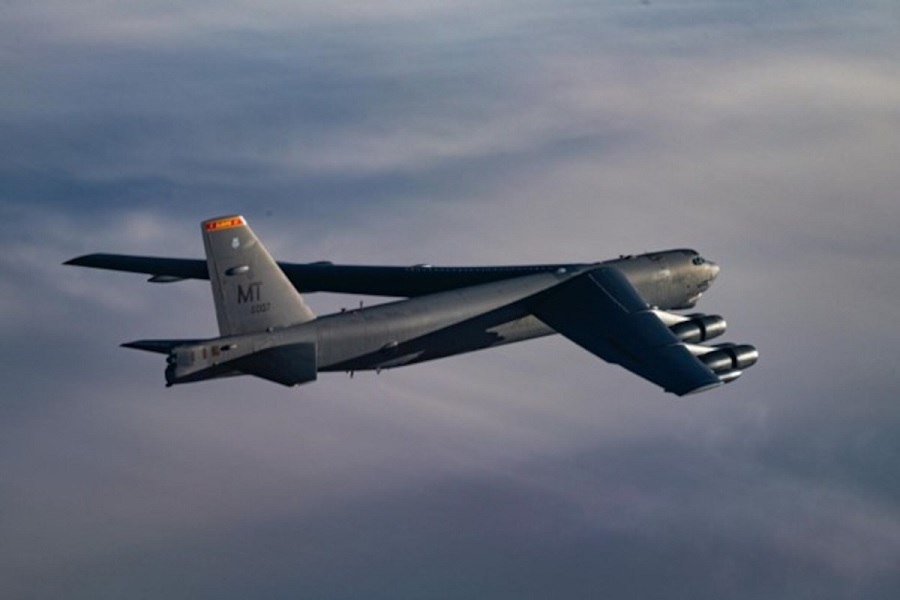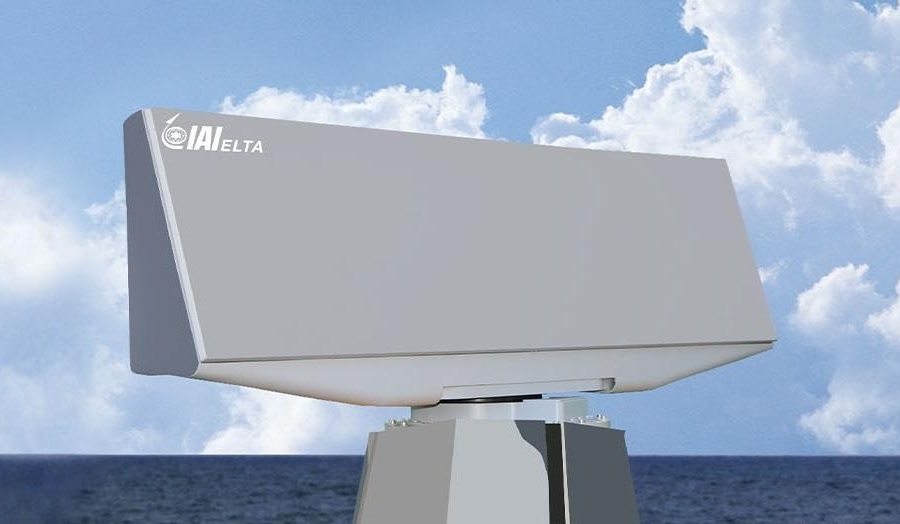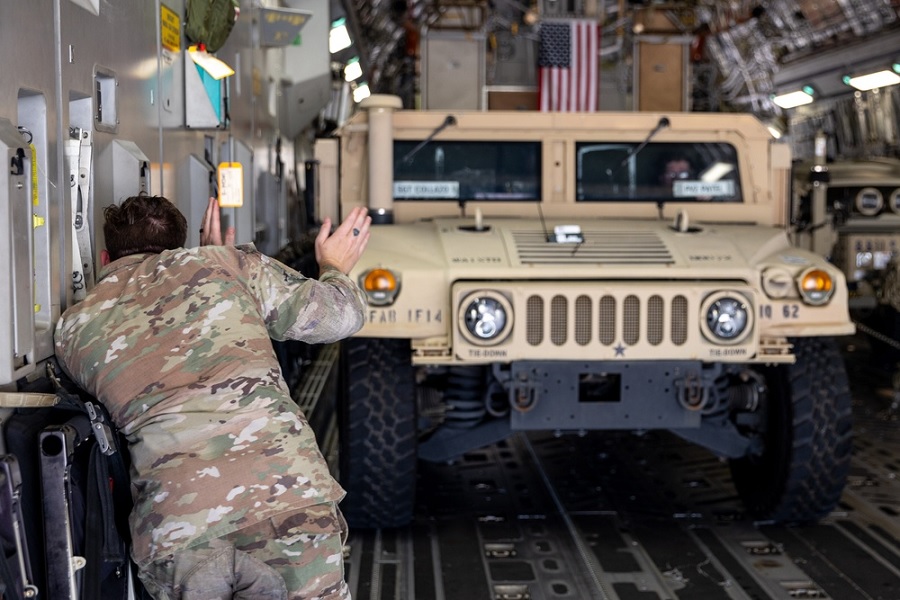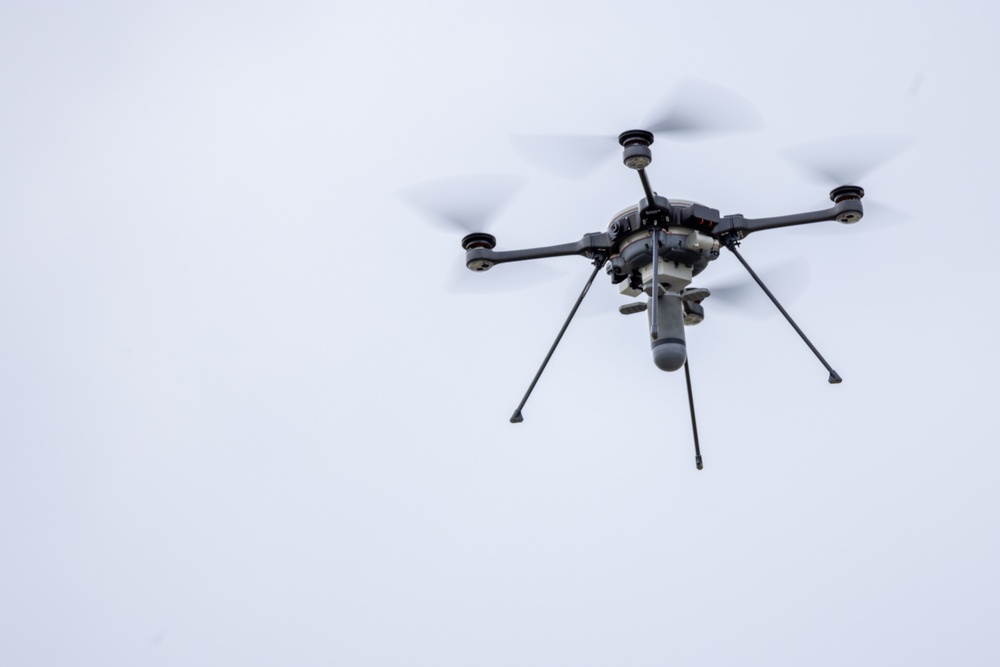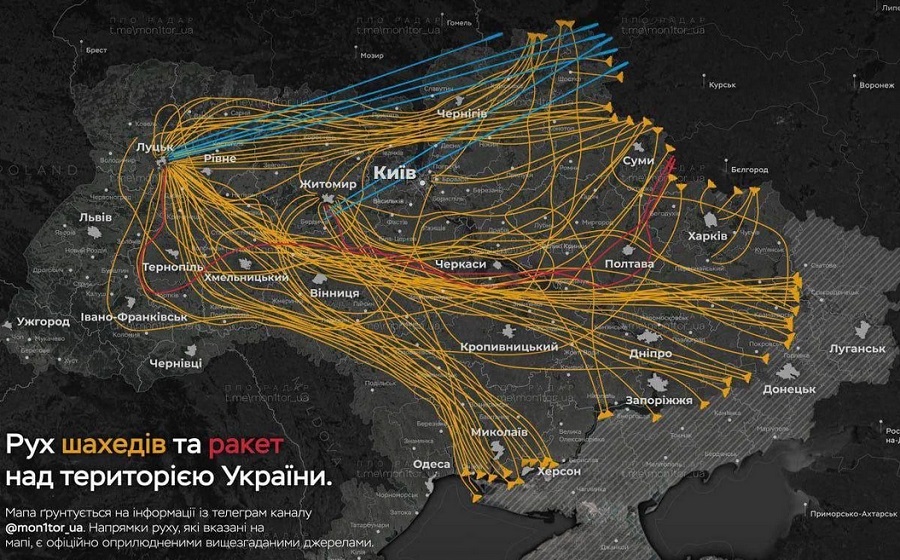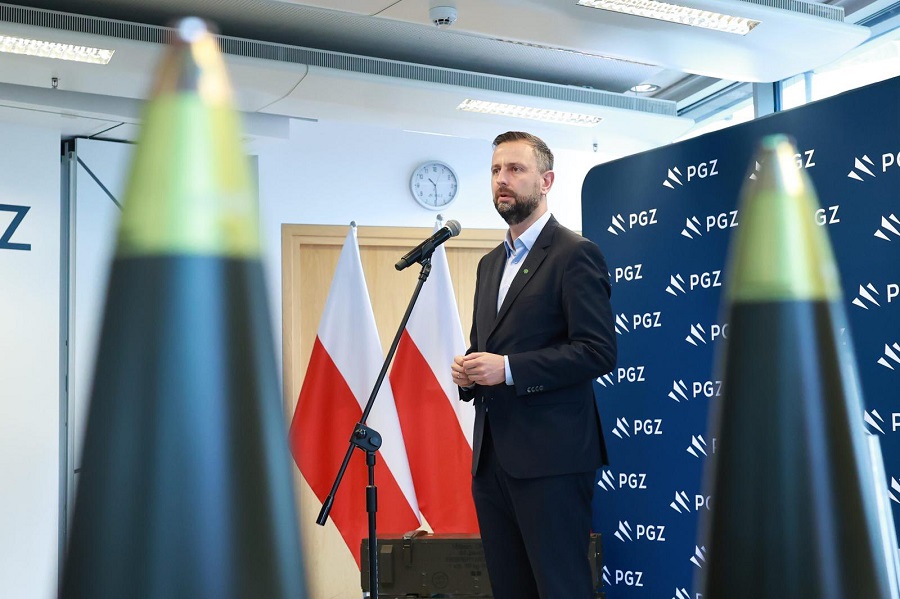On 19 June, a meeting aimed at harmonising European countries’ air defence policies was held in Paris, at the initiative of President Emmanuel Macron. It was attended by defence ministers and state secretaries from 20 European countries, as well as the European Commissioner for Internal Market Thierry Breton and NATO’s Deputy Secretary General Mircea Geoană.
In his closing speech, Macron presented a French vision of European efforts for a ‘safe sky’. He also announced that the delivery of the SAMP/T medium-range air defence system to Ukraine, announced by Paris and Rome in autumn 2022, had finally come to fruition.
It was announced during the meeting that Belgium would join the Franco-German Future Combat Air System (FCAS) programme as an observer. The defence ministers of Belgium, Cyprus, Estonia, France and Hungary also signed a letter of intent for joint purchases of missiles for Mistral very short-range anti-aircraft systems, manufactured by the French subsidiary of the MBDA concern.
The meeting in Paris was held in opposition to the European Sky Shield Initiative (ESSI) which Germany proposed in October 2022. This envisages that the 17 countries participating in the ESSI will jointly purchase ready-made air defence systems and short-, medium- and long-range missiles. This includes equipment that the Bundeswehr uses or will use: the German short-range IRIS-T SLM system, the US Patriot medium-range air defence system and the Israeli-US Arrow 3 exoatmospheric ballistic missile defence system. By initiating the ESSI, Germany was aiming to strengthen its own capabilities, present itself as a responsible ally engaging in the development of important capabilities that are missing in NATO, and promote the German arms industry. Since the launch of the initiative, Estonia and Latvia have started negotiations with the manufacturer on the joint purchase of the IRIS-T SLM system (May 2023). In turn, in mid-June, the Bundestag’s budget committee approved the financing for the acquisition of six batteries of this system (total cost EUR50 million) and commencing the acquisition of three Arrow 3 systems (EUR 560 million of the first tranche has been allocated; the total value of the order is almost EUR 4 billion). Germany currently does not have short- or long-range air defence capabilities; it has only 11 modernised medium-range Patriot batteries (after one was handed over to Ukraine).
France did not join the German initiative as this would be against its commercial interests: it manufactures the SAMP/T medium-range system in cooperation with Italy. The French Armed Forces have eight SAMP/T batteries and four Crotale NG short-range batteries (with a total of eight to ten systems; two of them were likely delivered to Kyiv). Paris claims that ESSI favours not only German but also non-European technologies (specifically US and Israeli). Macron’s speech at the meeting on 19 June also revealed France’s different view on the development of air defence capabilities in Europe. France does not want the Russian invasion of Ukraine, which Macron has defined as a ‘dated’ conflict, to set the trends for developing NATO countries’ military capabilities. In his opinion, the risk of a Russian military attack against a NATO ally is low. While France is inclined to support strengthening collective defence to a certain extent, it claims that European NATO members should invest more in their own technological and industrial base rather than in foreign purchases, and take into account new types of threats to cyber domain, space and seabed infrastructure, as well as in the field of air defence, such as countering drones. Such priorities are included in the French Military Programming Law for 2024–30, which is currently being debated in the parliament. Moreover, France believes that the concept of an extensive European Sky Shield is not only costly and unrealistic, but is also controversial in strategic terms. For France, nuclear deterrence alone is a strong protection for the Alliance against a Russian attack. Macron fears that a decisive strengthening of ballistic missile defences (Arrow 3 systems) may prompt Moscow to further develop offensive capabilities that would undermine the effectiveness of French nuclear deterrence. Referring to a provision of the declaration of the 2012 Chicago NATO summit stating that “missile defence can complement the role of nuclear weapons in deterrence; it cannot substitute for them.”, the French president said he expected NATO would discuss the issue of developing ballistic missile defence capabilities (Arrow 3).
This article was originally published on the website of Centre for Eastern Studies.



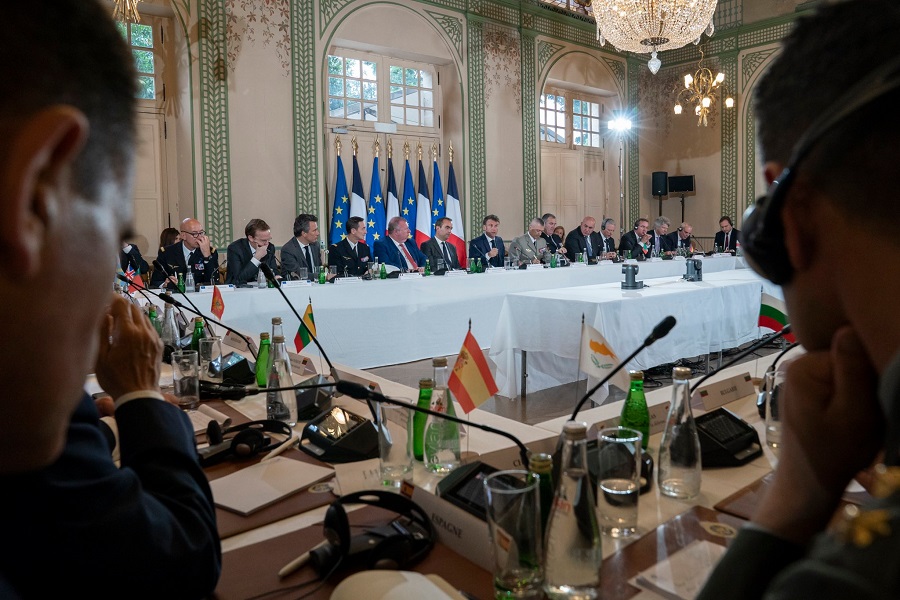
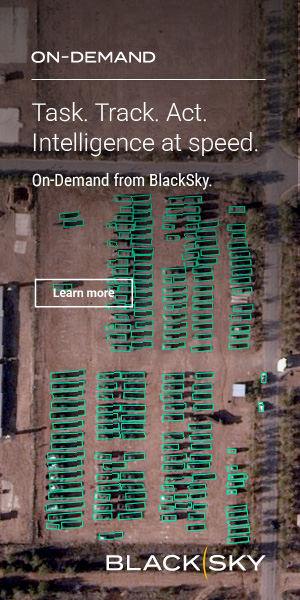

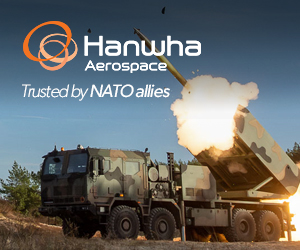
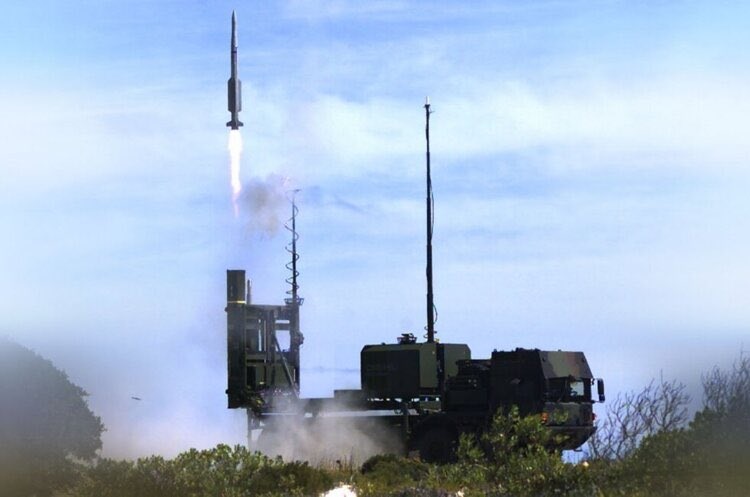

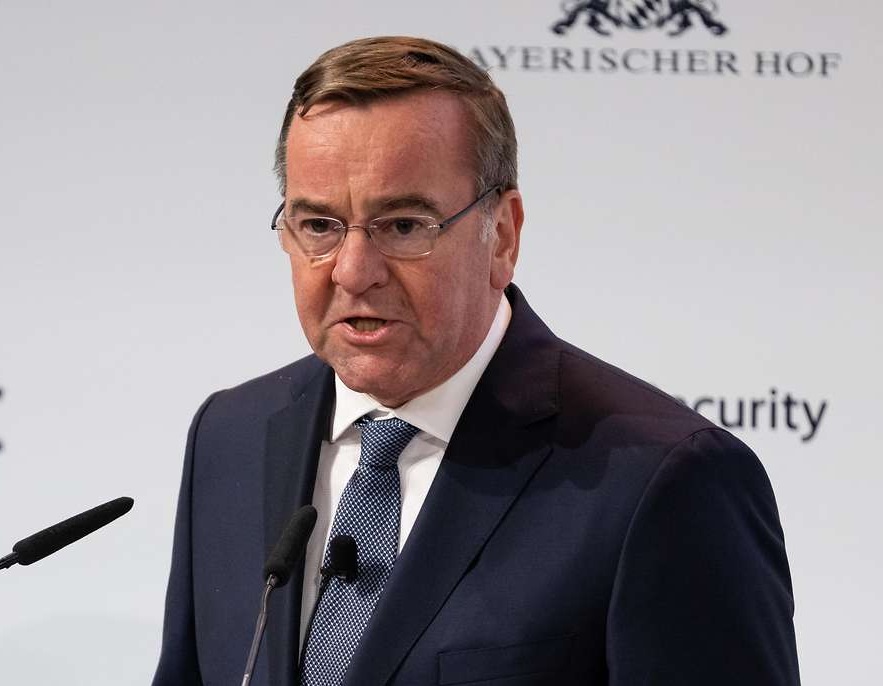

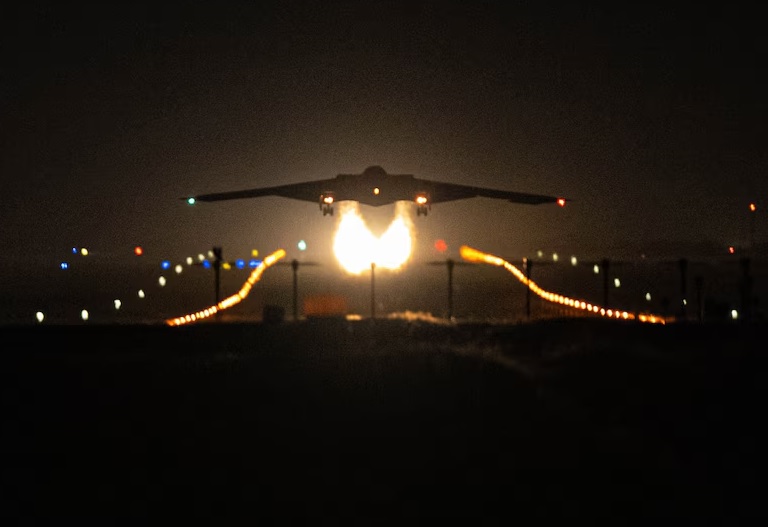
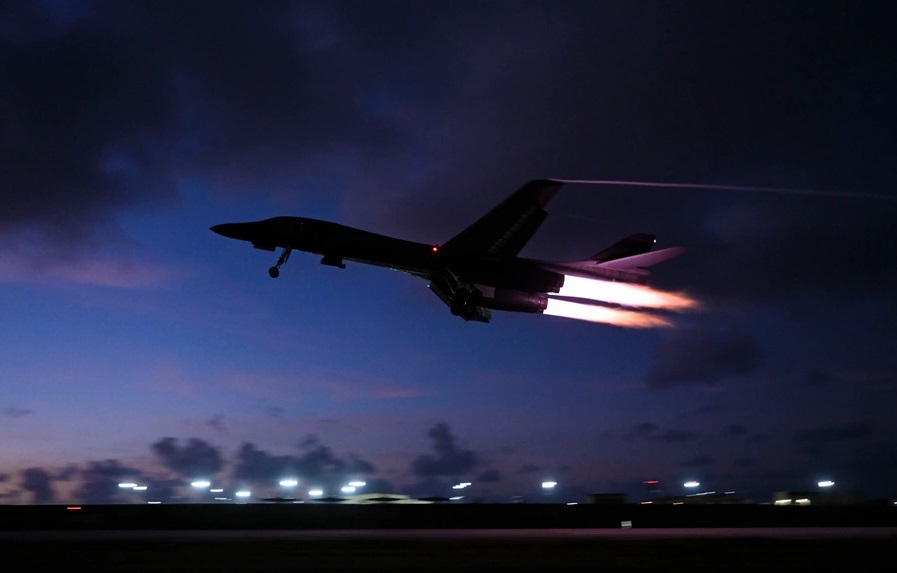
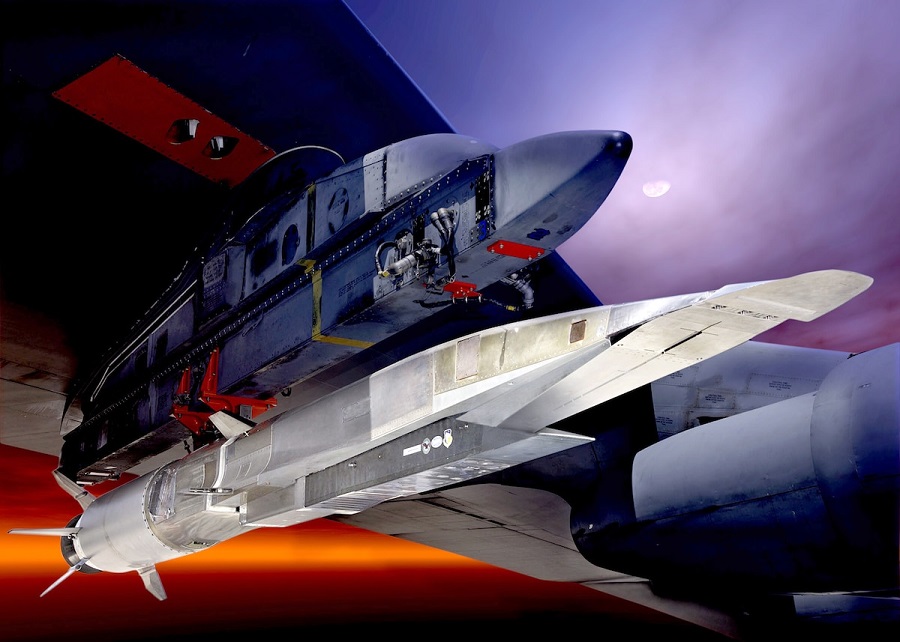
![Northrop Grumman conducts successful test of Mars ascent rocket motor [VIDEO]](https://defence-industry.eu/wp-content/uploads/2025/07/Northrop-Grumman-conducts-successful-test-of-Mars-ascent-rocket-motor-VIDEO.jpg)
